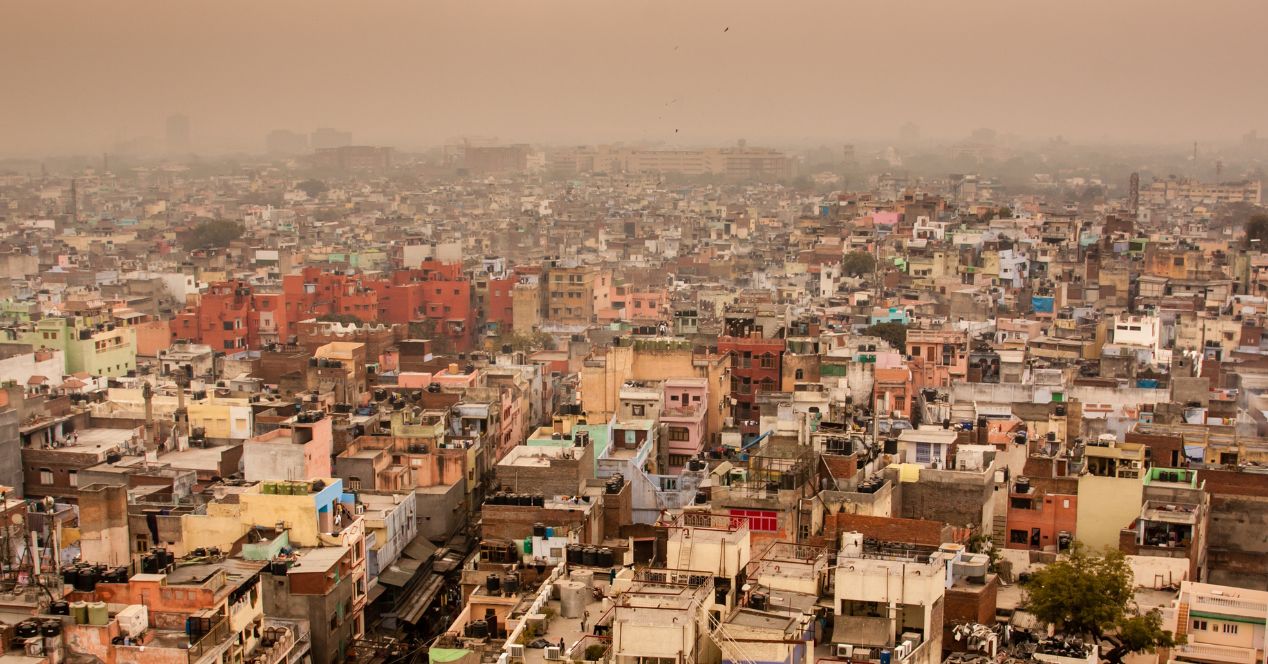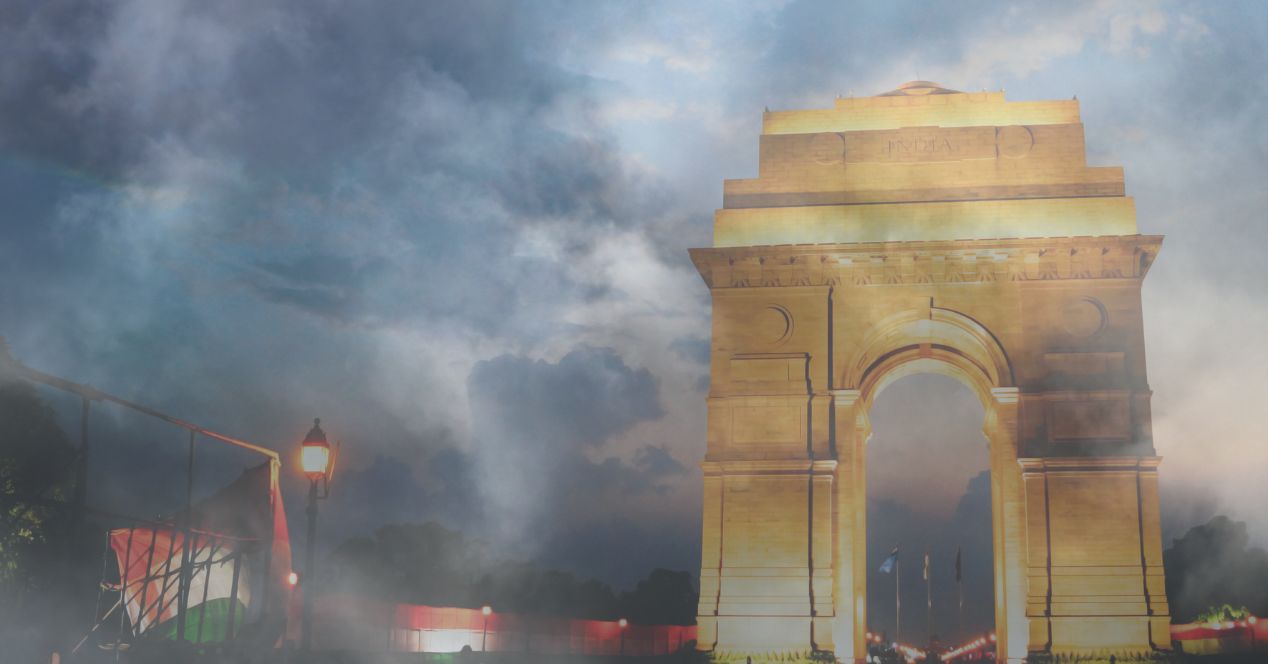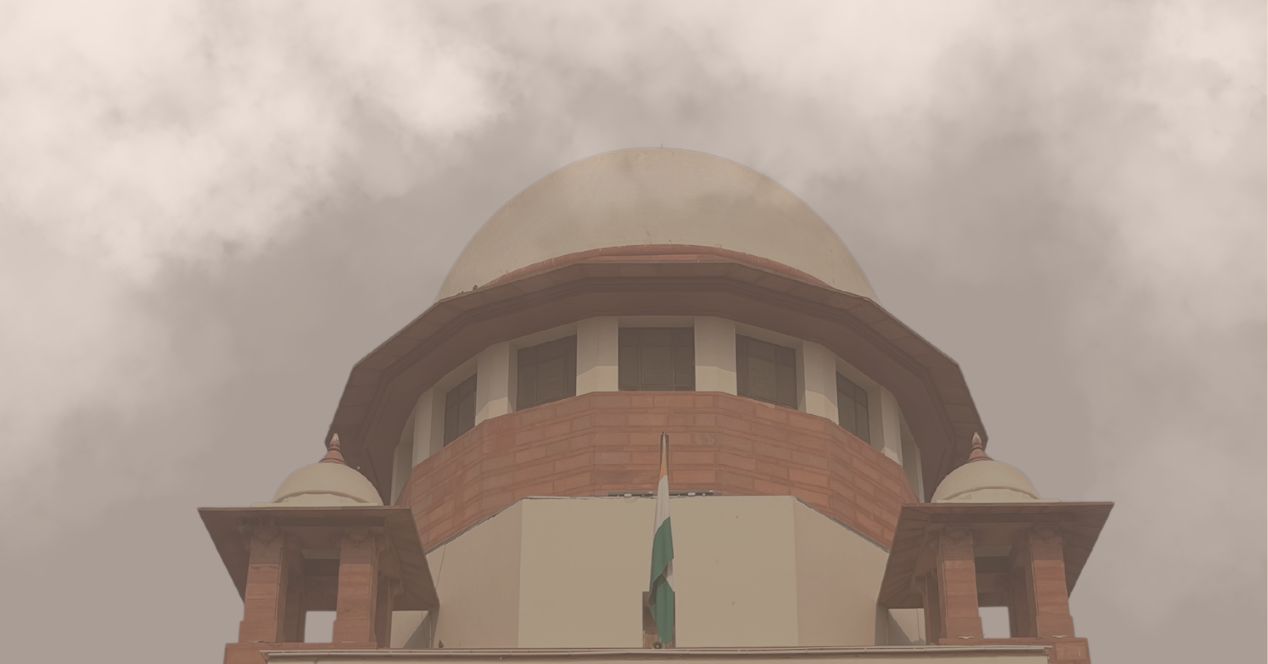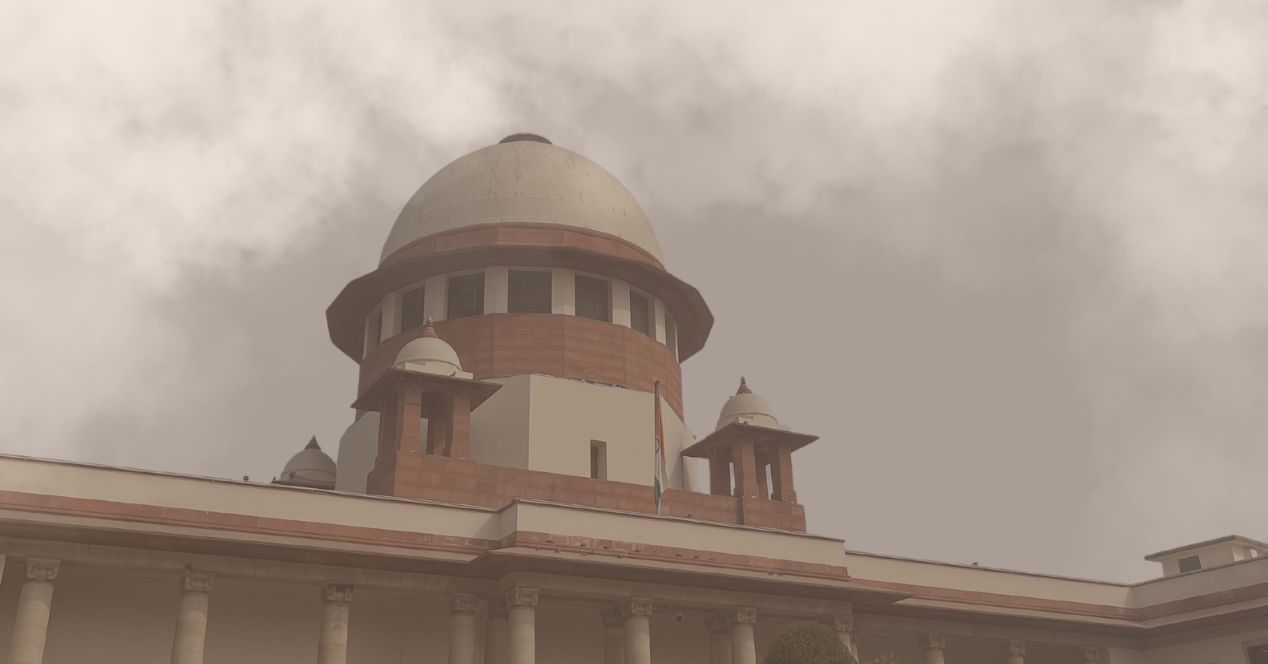Analysis
“Shocking state of affairs”: SC slams authorities for inaction on anti-pollution measures
The Court asked for greater accountability from state authorities on waste management, construction worker disbursements & firecrackers
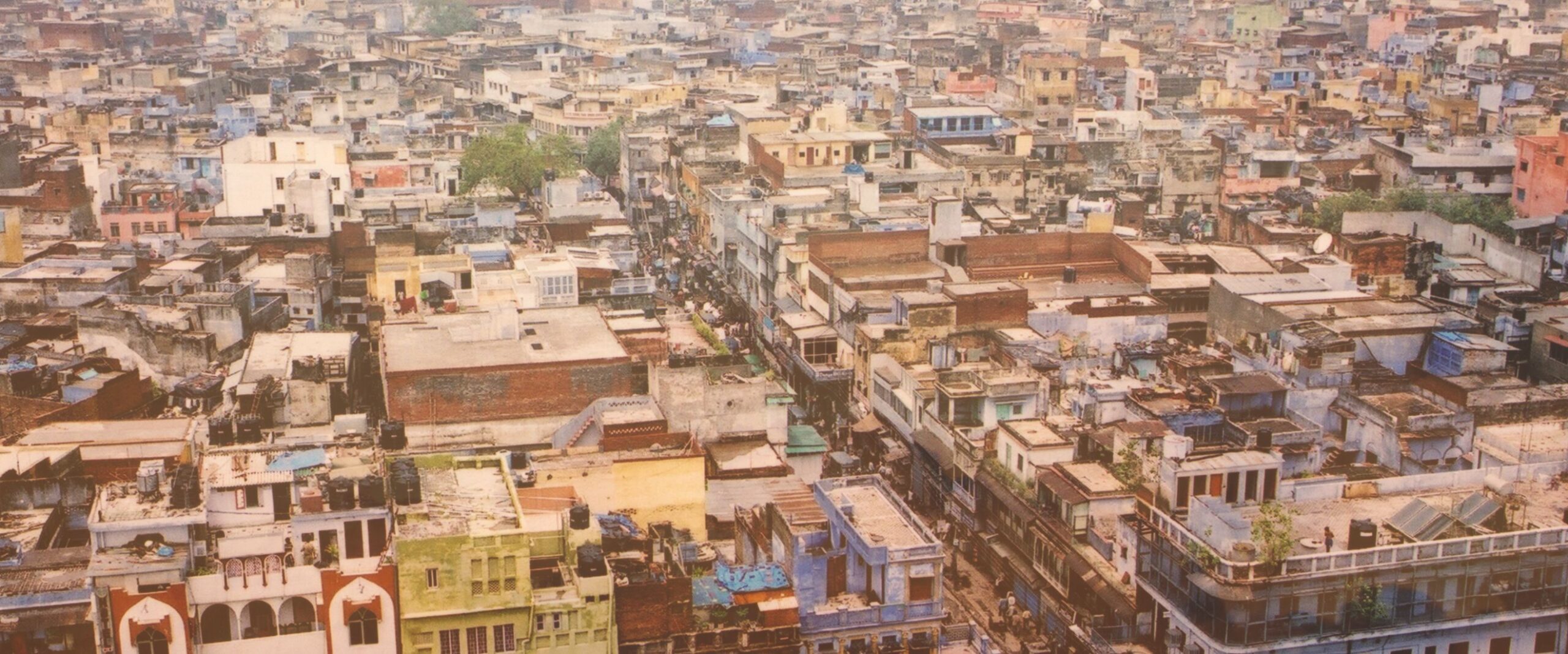
Yesterday, a Division Bench comprising Justices A.S. Oka and A.G. Masih scrutinised the capital’s spiralling waste management crisis, noting that untreated solid waste in landfills leads to garbage fires and worsening air pollution. They called out the Delhi government and the Municipal Corporation of Delhi (MCD) for non-compliance with the Solid Waste Management (SWM) Rules, 2016.
Yesterday’s proceedings were in continuation of the Court’s evolving role in the ongoing oversight of air pollution in the region, which has recently expanded to take in the various factors that are exacerbating the air quality situation.
The bench noted that Delhi generates 11,000 metric tonnes of waste daily, of which 3,000 tonnes remain untreated. Justice Oka described the situation as a “shocking state of affairs in the capital city” and questioned the Delhi government’s preparedness in addressing the widening gap between waste generation and processing.
A mountain of trash
During the hearing, the Chief Secretary of Delhi, appearing virtually, assured the Court that a meeting had been convened to strategise implementation after the Court’s last order. Earlier this week the Court had directed submission of a compliance affidavit, warning contempt action against officials in case they failed to implement the SWM Rules and provide requisite data.
The bench flagged a critical oversight: “You are talking about establishing facilities as per Solid Waste Management Rules, but what you have not considered is what will be the escalation in generation of such waste,” Justice Oka remarked.
Senior Advocate Menaka Guruswamy, representing the MCD, stated that efforts were underway to “bridge the gap” by June 2027, referencing affidavits filed by the MCD. However, Justice Oka remained unconvinced, noting, “In the MCD area, there are 3,000 metric tonnes of waste, and by 2027, there would be 6,000 metric tonnes.”
“The Chief Secretary doesn’t care about Court orders…Should we conclude there is no implementation?” Justice Oka rebuked. Guruswamy highlighted a tariff-related litigation roadblock in the MCD’s plans for expanding the number of waste-processing plants in the city. Senior Advocate Aparajita Singh, the amicus curiae, called this “unfair”. “We don’t buy this as concerned citizens,” she said.
Amicus curiae Archana Dave further highlighted the lack of progress since July, when an earlier affidavit had cited similar figures. “On 21 July, they said in an affidavit about 3,800 metric tonnes of waste (was untreated), today’s affidavit is of the same 3,800 metric tonnes. They have done absolutely nothing,” she observed.
The Court directed the Delhi government to file a detailed affidavit on compliance with the SWM Rules by 27 January 2025. It also instructed the Delhi Government and the MCD to outline measures to curb illegal dumping and fires at Ghazipur and Bhalswa, where 3,800 tonnes of waste are dumped daily.
“The daily generation of 3,000 tonnes of untreated waste is an environmental disaster,” the Court remarked, calling for “innovative measures” to address the crisis. When Advocate Guruswamy mentioned that the biggest chunk of solid waste came from households, the Court hinted at halting “some kind of developmental activities in the city so that the generation of solid waste can be controlled.”
Smog and sanctions: GRAP IV reinstated
Switching focus, the Court addressed the air pollution crisis plaguing NCR. Additional Solicitor General (ASG) Aishwarya Bhati informed the bench that GRAP (Graded Response Action Plan) Stage IV measures had been implemented again on 16 December, following a drastic surge in the AQI levels.
From mid-November to early December, GRAP IV was enforced across the region. On 5 December, the same bench permitted the Commission for Air Quality Management (CAQM) to scale down restrictions to Stage II due to improved conditions. That very evening, the CAQM had withdrawn both Stage III and IV restrictions in Delhi-NCR, and implemented Stages II and I. Stage IV has been reinstated again this week.
With GRAP IV back in force, the matter of pending dues for daily-wage workers affected by construction bans resurfaced in Court. Earlier this month, Justice Oka had summoned the Delhi CS regarding this, and had warned of contempt proceedings if the dues were not disbursed promptly.
The Court directed NCR states to ensure timely payment of subsistence allowances. “If we do not find satisfactory compliance, we will initiate action under the Contempt of Courts Act against the state governments,” the bench warned. Additionally, NCR states were ordered to form multiple monitoring teams to enforce GRAP measures effectively. These teams, functioning as Court Commissioners, will report directly to the CAQM.
Neighbours asked to follow Delhi model of firecracker ban
The issue of firecrackers also came under the spotlight. The Delhi government confirmed that it imposed a blanket ban on the manufacturing, storage, sale (including delivery through online platforms) and bursting of all kinds of firecrackers under the Environment Protection Act, 1986. Rajasthan said it had followed the same course of action in its places that fall under the NCR region. Haryana, on its part, noted that it had only permitted the use of ‘green crackers’.
Acknowledging concerns about ineffective enforcement due to cross-border movement, the bench directed Haryana and Uttar Pradesh to impose a Delhi-style ban for the time being. “This ban will be effective only if the neighboring states within the region impose similar measures,” the bench emphasised. In a lighter vein, Justice Oka quipped, “For a change we are suggesting that the Delhi model should be followed.”
The efficacy of these measures will be reviewed by the Court throughout January 2025. The Court will consider each issue on different dates. The next hearing on solid waste management is scheduled for 27 January, while the Delhi government and the MCD must file affidavits on measures for the dumping sites of Ghazipur and Bhalswa by 15 January. The issue of the dumping sites will be taken up on 17 January. State governments have been asked to file their response on labourer payments by 5 January.

